Sydney Widell, Nancy Wedwick on floods, dams and community
Coon Creek Community Watershed Council members Sydney Widell and Nancy Wedwick discuss plans to remove earthen dams in southwest Wisconsin and the use of agricultural practices to control flooding.
By Nathan Denzin | Here & Now
December 4, 2024 • Southwest Region
VIDEO TRANSCRIPT
Sydney Widell:
Some of these practices never went away, and they've been on the landscape this whole time. It's just a matter of telling those stories, and bringing them back into circulation, and creating that awareness, and that's something that our organization is really passionate about doing.
Nancy Wedwick:
So, with the planned PEIS study that came out from the flooding, and what created all of these problems, all of this — there were a number of alternative plans that could have been adopted, and the one that was selected was to decommission, but there were a couple other alternatives in there that are actually viable. That would be landscape changes, that would be small infrastructure, like what we were talking about — the small dams — things like that. Those were rejected, because they would require volunteers to do these things, but those are the things that are out there that people are doing, can do, can learn about, and decide to do. You know, it's community project, community will.
Nathan Denzin:
So, I read through all those, so, you know, maybe the federal organization doesn't want to do that because of all the volunteer work, but you guys are here to do that, that get people to volunteer to do that. Is that accurate?
Nancy Wedwick:
Well, we did it 90 years ago. That's what happened 90 years ago. It was the landowners and the farmers who literally changed the face of the earth, and it was not easy. People lost friendships, they lost relationships with their families. This was a very, very different — who wants to work with the government? Think about it in that day, right? There was no trust at all, but they did it. And it took about half of the producers in the area to make significant enough changes that it slowed the water. So that's the thing we know here, right? It's in our blood, it's in our DNA, it's in our roots. We know we can do something different. We just need to be given that opportunity to work with the different groups and organizations that want to help provide that.
Sydney Widell:
And, you know, it's very well documented that these practices work, and that these practices are effective. We can point to so much work that was done in the Coon Creek watershed that demonstrates this, and in fact becomes kind of like a proof of concept for the way these practices are used elsewhere in the country, but that work happened here and it started here. And so when we looked to the evidence for these practices working, you know, we're looking at our own watershed. This is research that happened here, and yeah, it's just a matter of bringing that back into the consciousness, and also making it accessible for people to make those changes.
 Passport
Passport




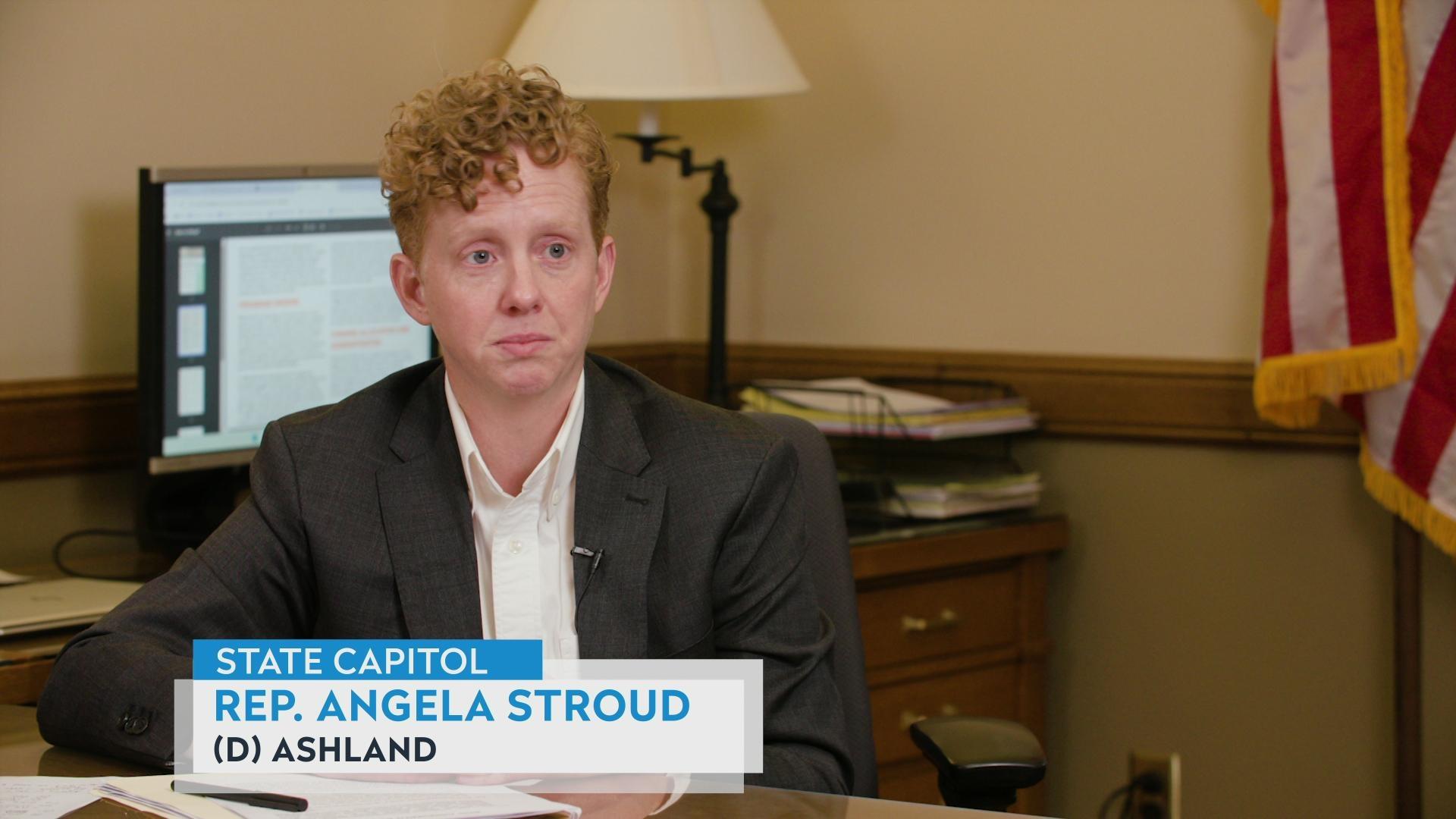
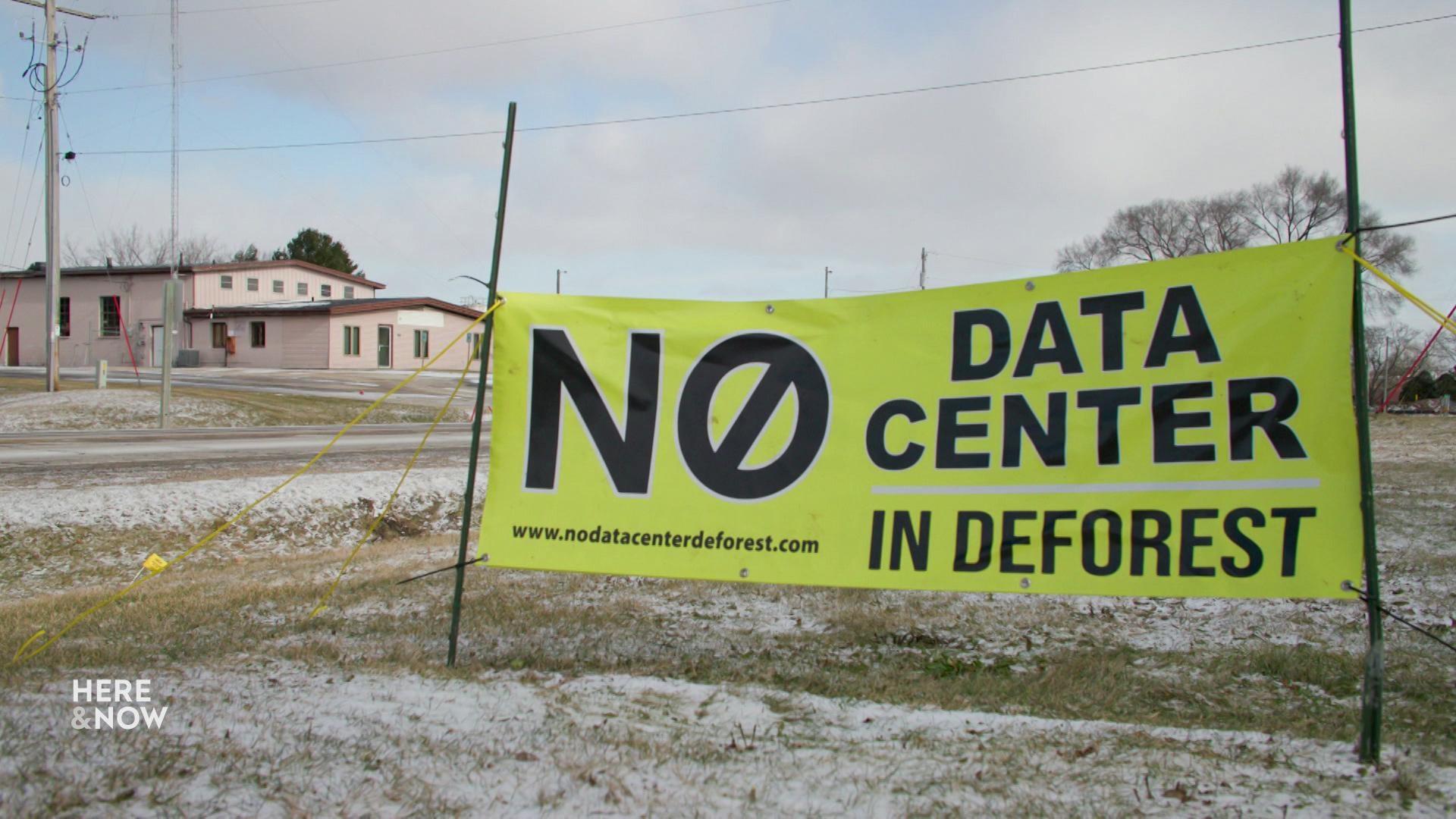
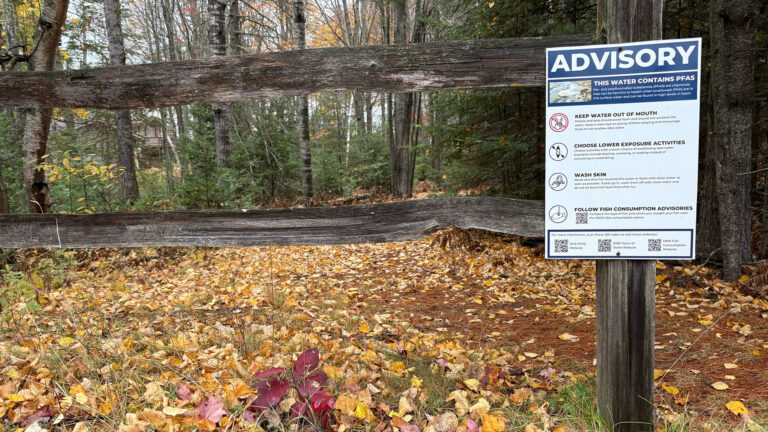
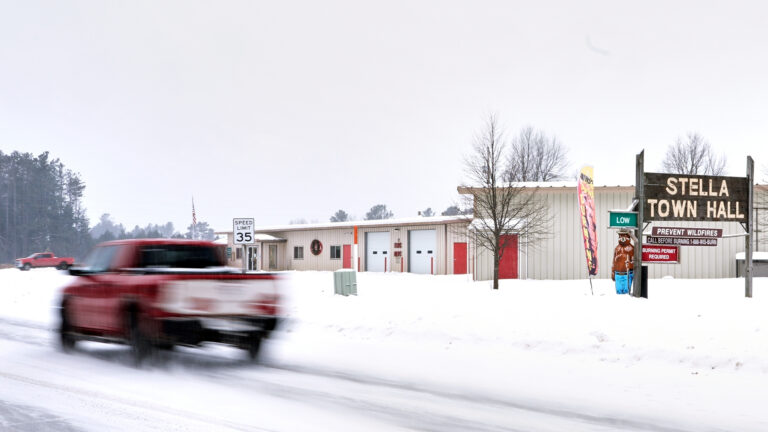
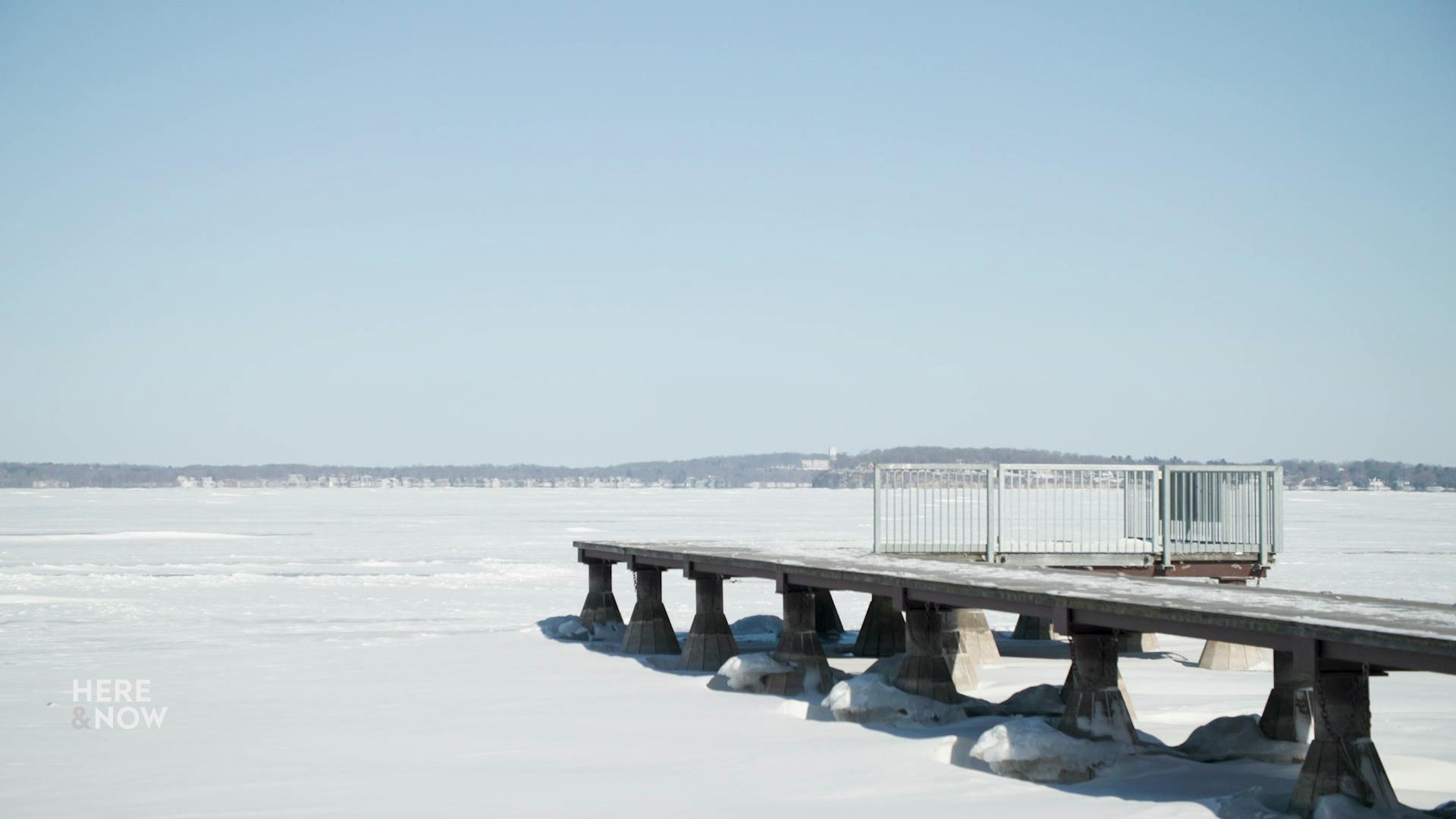
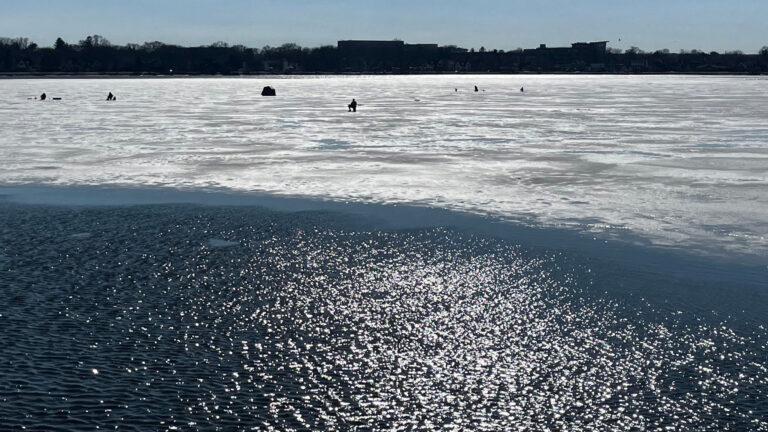

Follow Us